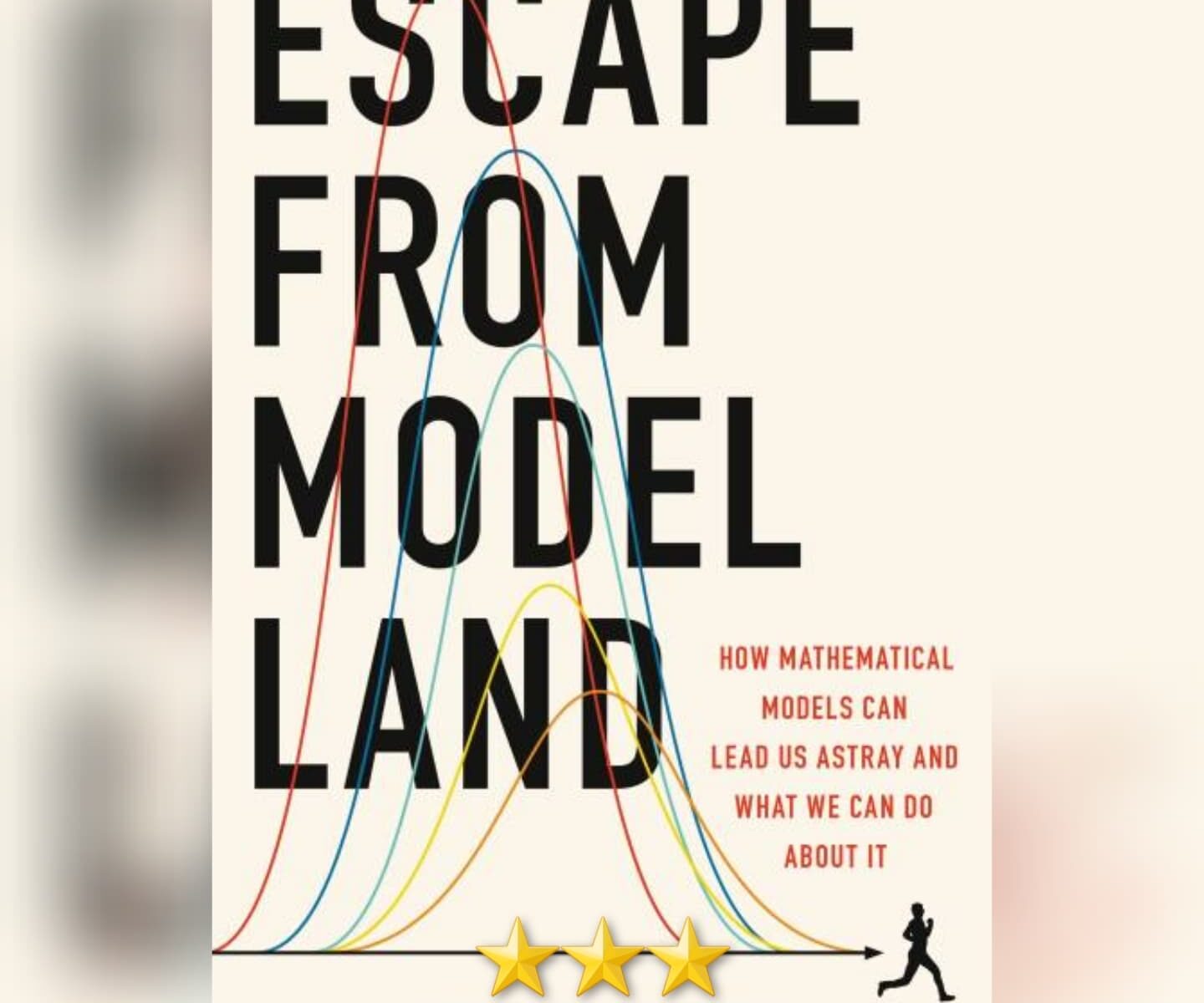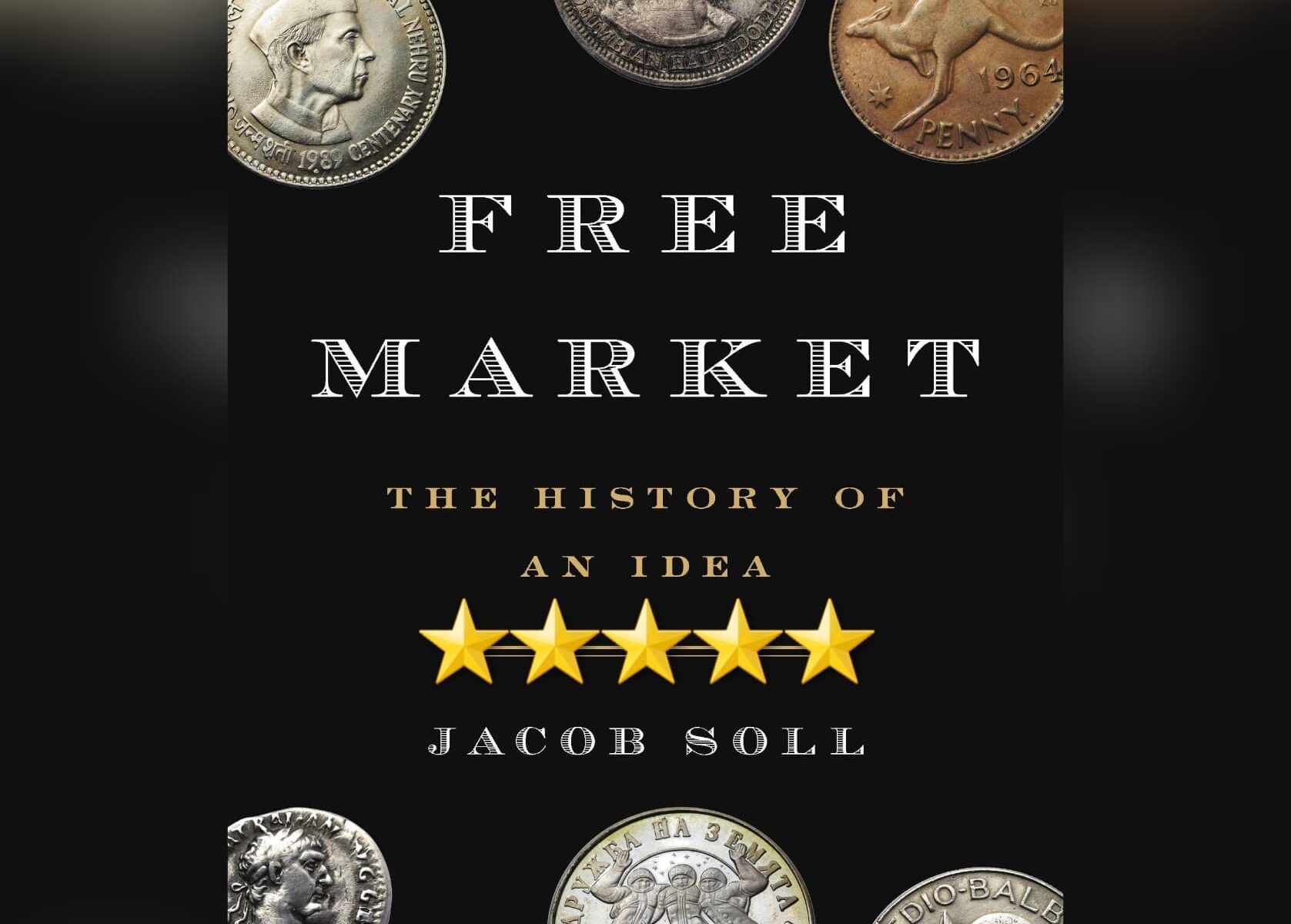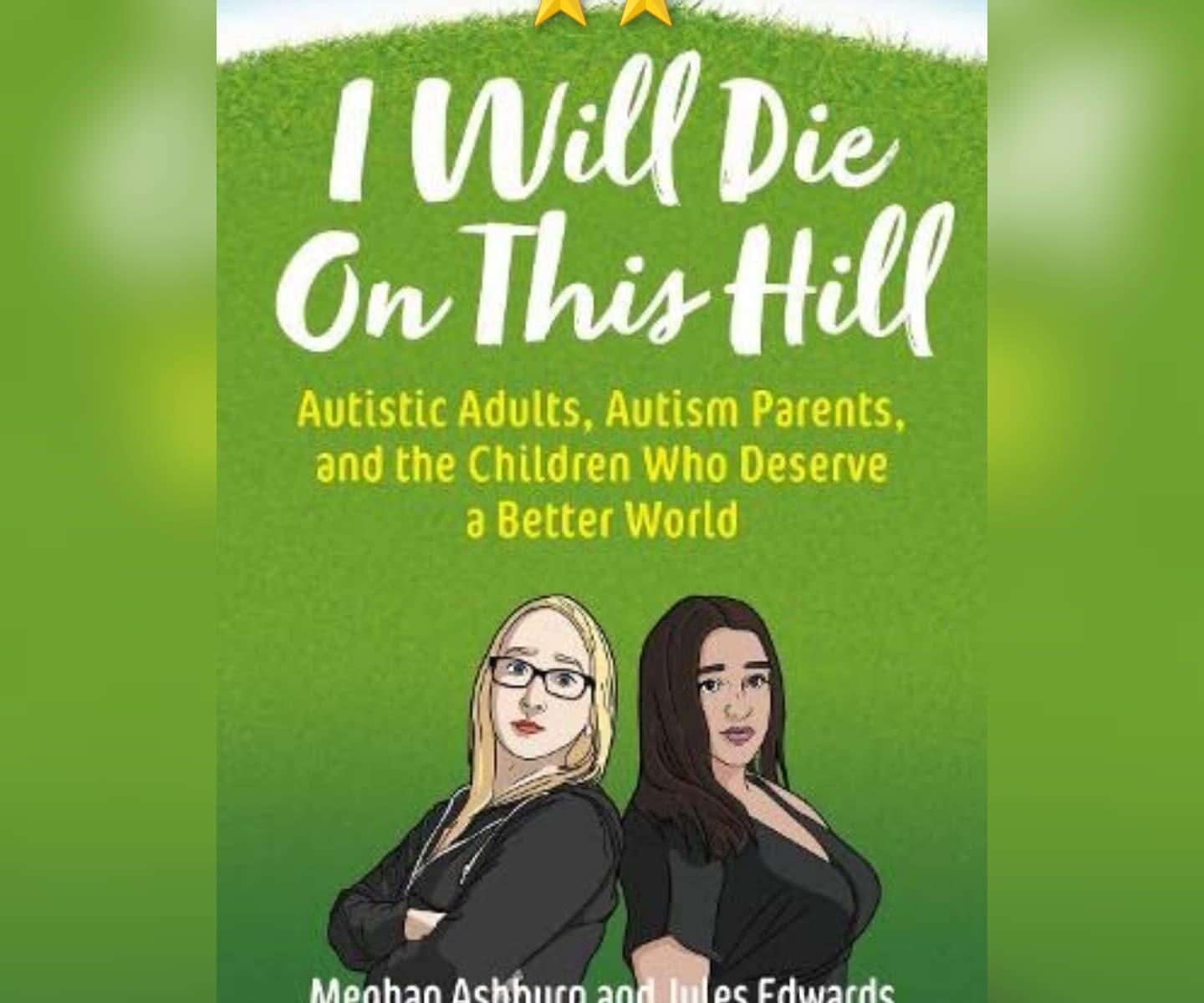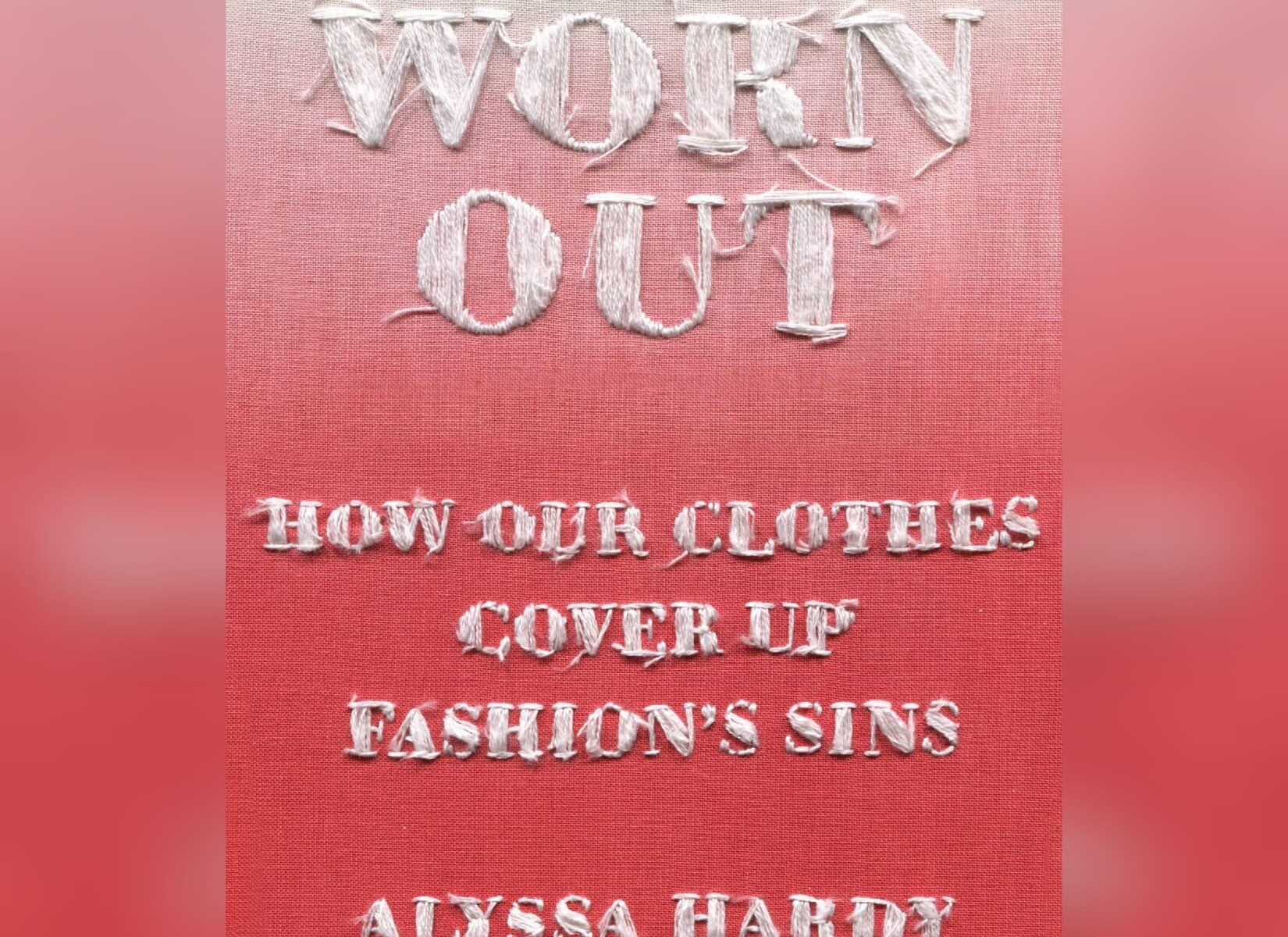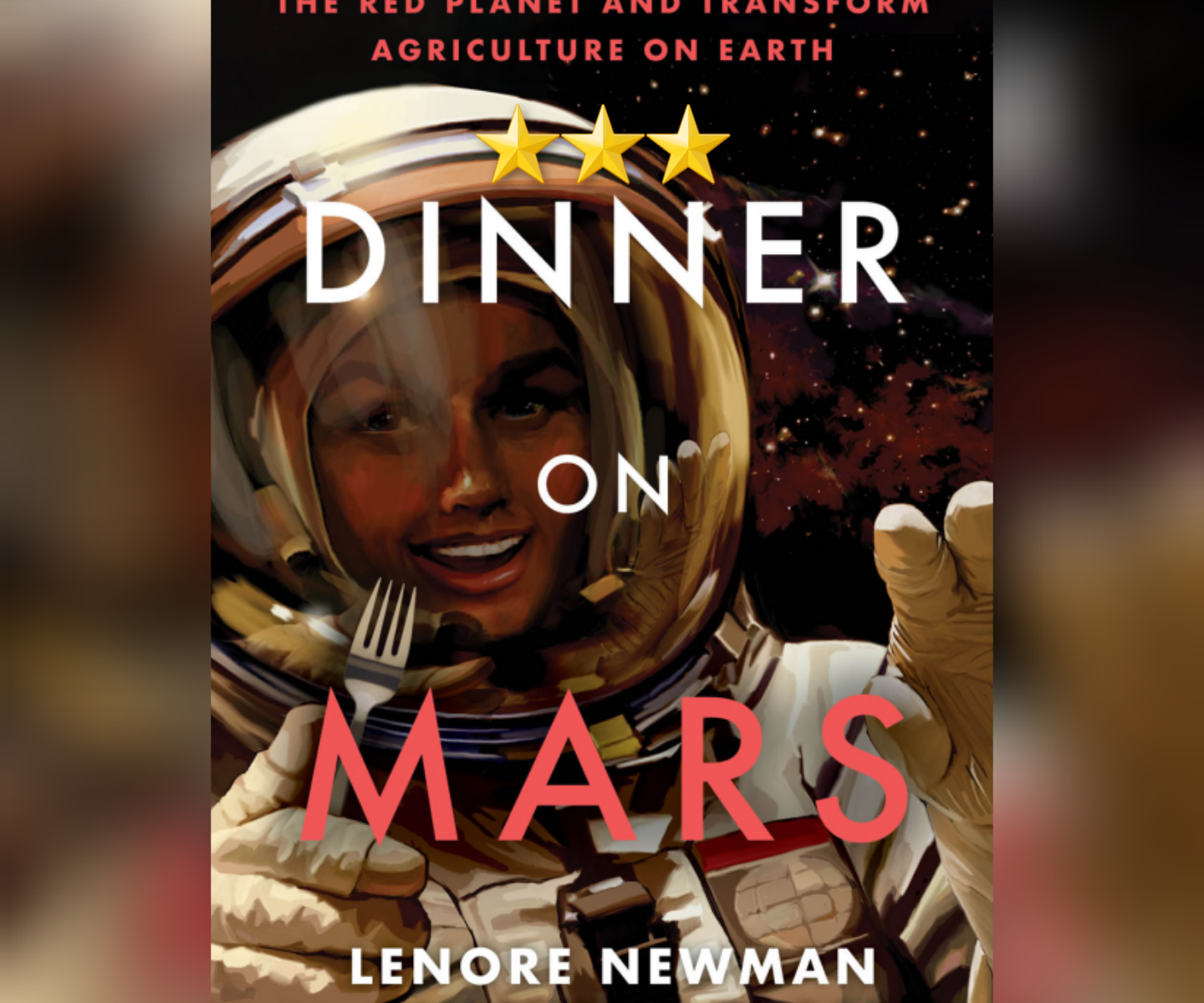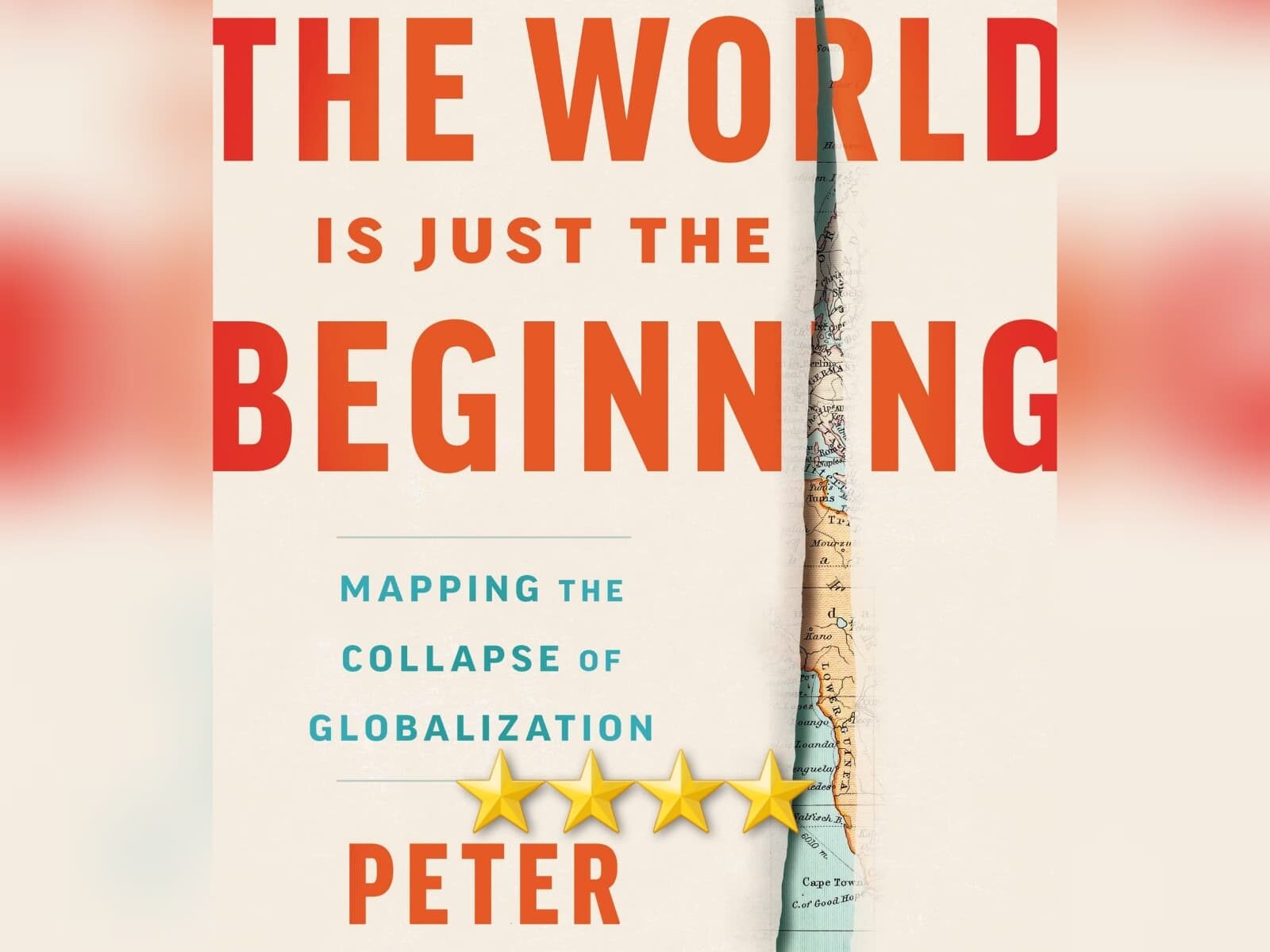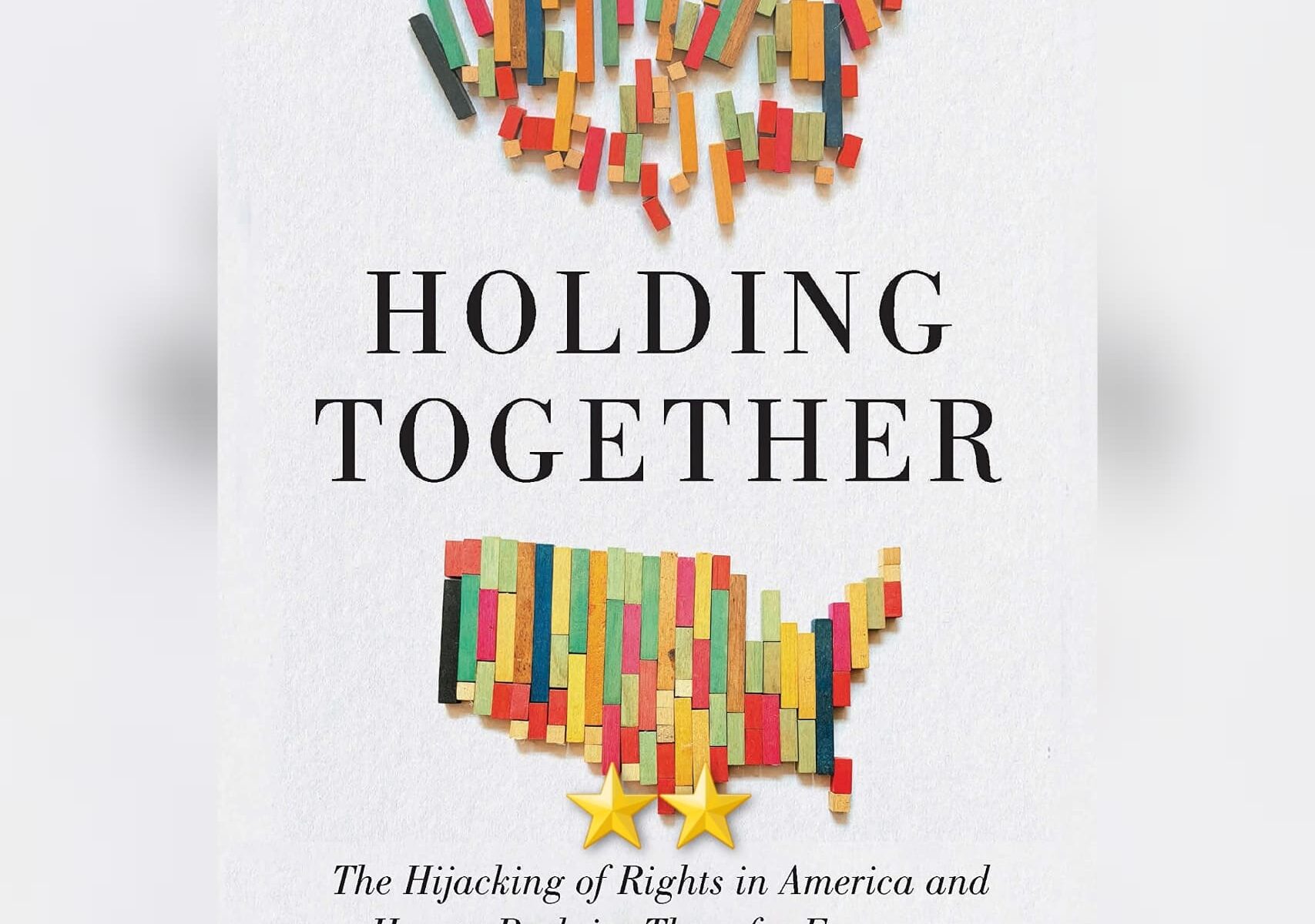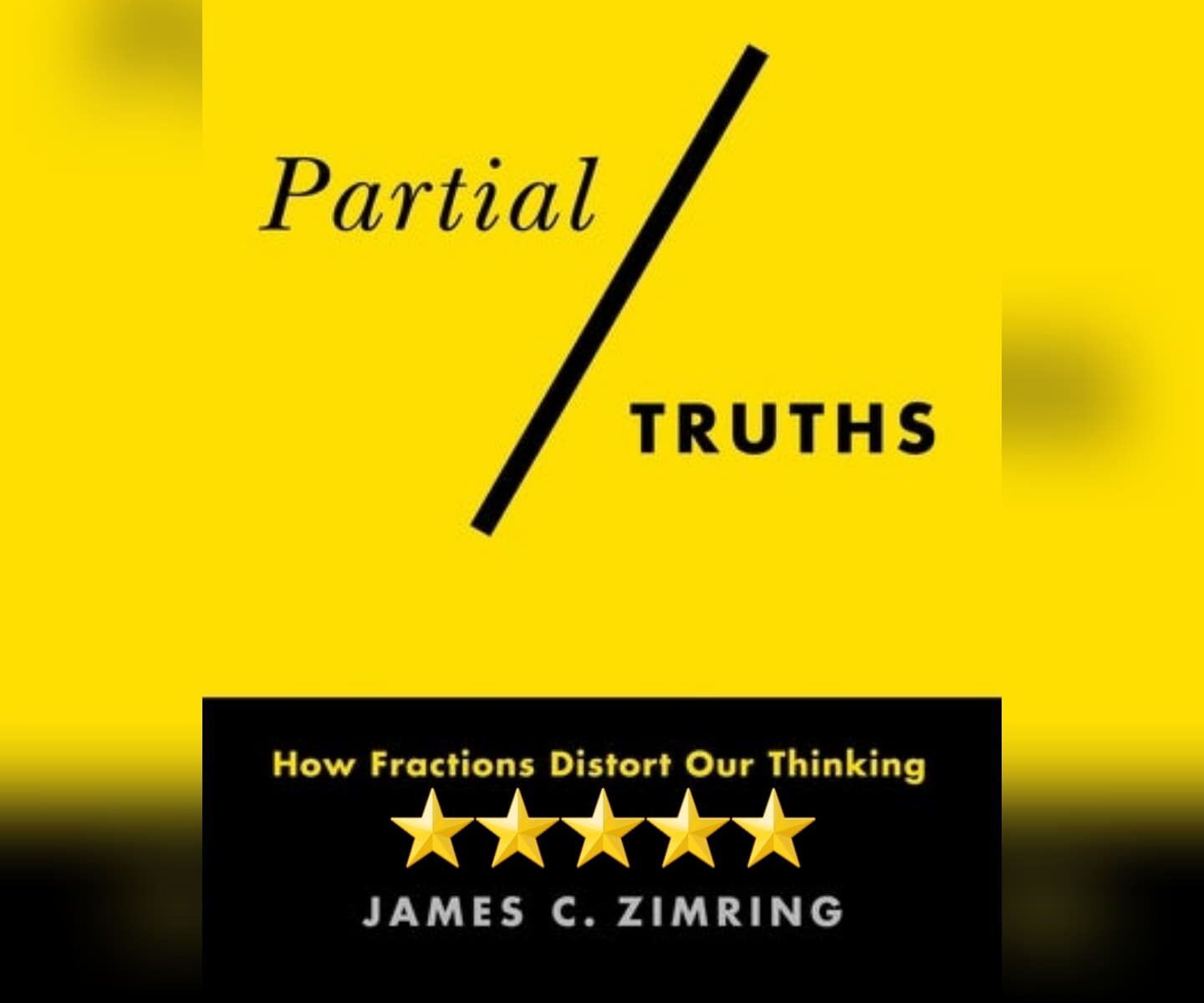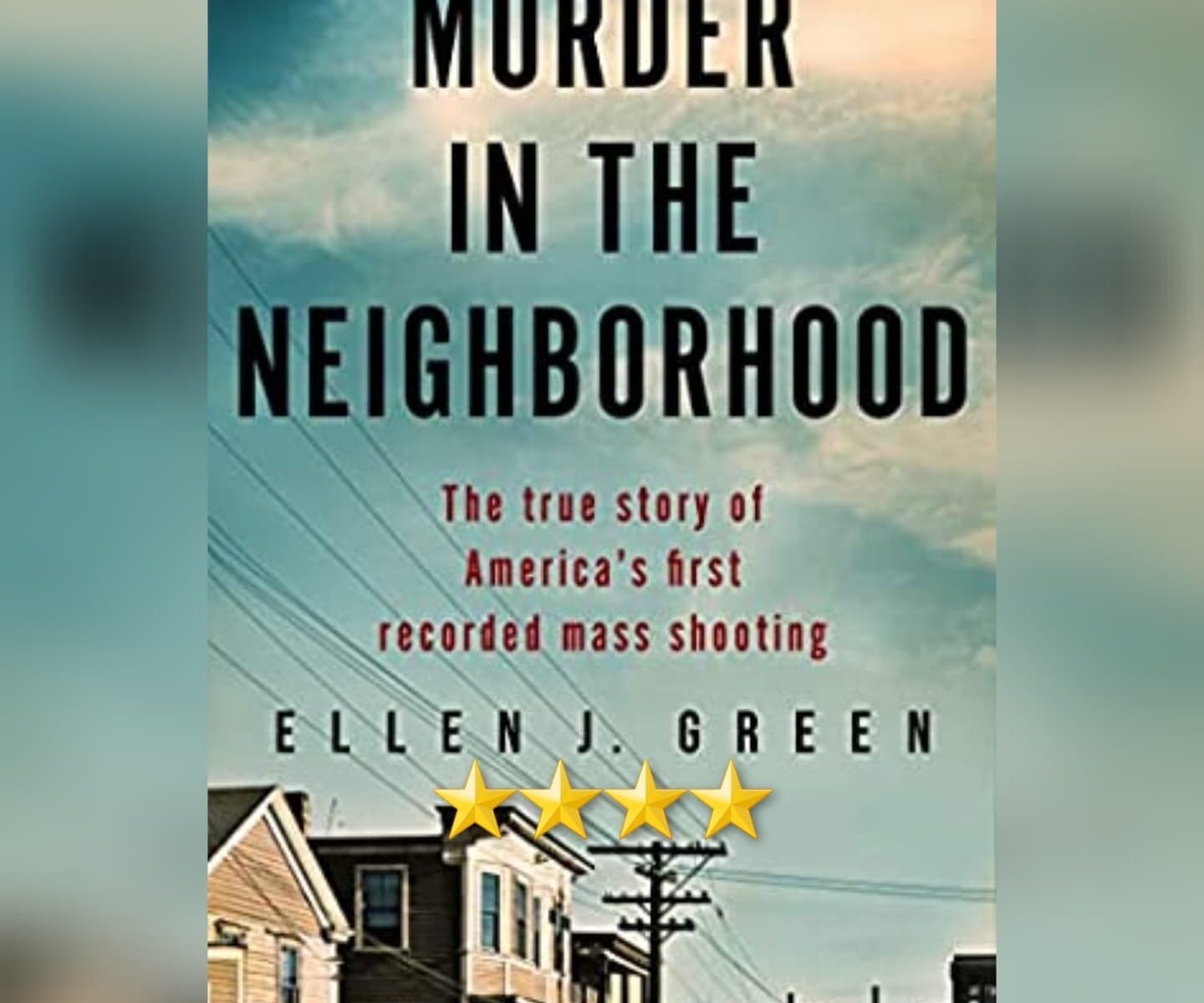Astrology == Mathematics. For Sufficiently Large Values Of 2 While Imagining Spherical Cows. Thompson does a truly excellent job here of showing how and where mathematical models of real-world systems can be useful, and where they can lead us astray – perhaps a bit *too* good, as at times she has to jump through a few mental hoops to excuse the inadequacies of preferred models such as those related to climate change and the spread of COVID. On climate models in particular, she actually raises one of the several points Steven Koonin did in 2021’s Unsettled – namely, just how wide each cell of the model is by necessity and how much variation there is within these cells in reality yet models must – again by necessity – use simply an average value throughout the cell. But she discusses a wide variety of models in addition to climate, and again, she truly does an excellent job of showing their benefits and how they can harm us. One star is lost due to the extremely short “future reading” section in place of a more standard bibliography (20% or so is fairly standard in similar nonfiction titles). The other star is lost because this book does have a robust discussion of the numerous COVID models and *I DO NOT WANT TO READ ABOUT COVID*. I am waging a one-man war on any book that references this for any reason at all, and the single star deduction is truly the only tool I have in that war. Still, again, this book really is quite good – as a narrative alone, indeed better than the three star ranking would seem to indicate. Very much recommended.
This review of Escape From Model Land by Erica Thompson was originally written on July 15, 2022.

